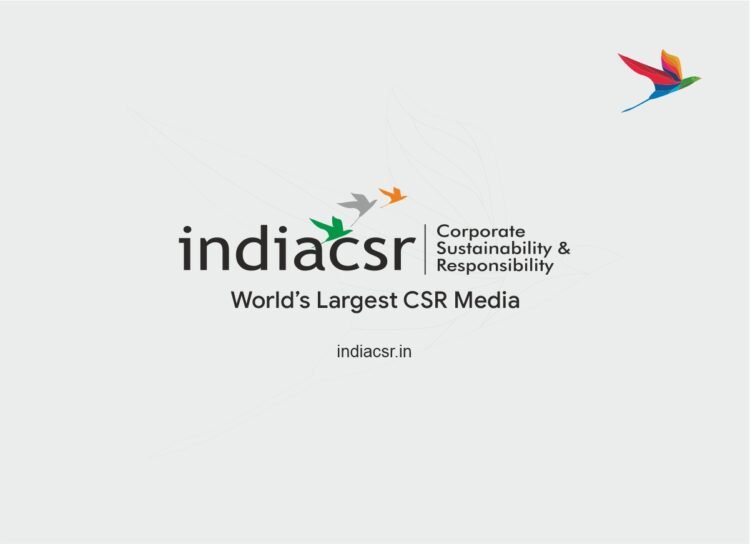By Nirbhay K
India faces bouts of flood and drought every year. It is an extreme scenario but it is a harsh reality that strikes every year without fail. The reasons may be many but it impacts on the urban and rural economy. The adverse impact on the rural India is far more severe and detrimental than the urban population.
Urbanization Trends and Rural Migration
The Monthly Journal Kurukshetra, published by the Ministry of Rural Development, Government of India in its September 2014 issue states that, “India’s urban population which was 17 per cent in 1951 is expected to jump to over 42 per cent in 2025. The increase will be on account of migration of people from rural areas, who will shift location in search of greener pastures. In the last 50 years the rural population has decreased from 82.0 to 68.9 per cent.”
It also points out that, “There is a new class of migrants which is on the increase recently. These are called “Environmental Refugees” who can no longer gain a secure livelihood in their homelands because of drought, soil erosion, desertification, deforestation and other environmental disasters.” and “Rural migration is still largely a survival or a subsistence strategy.”
In the context of environment degradation, lack of livelihood opportunities and rampant out-migration, Corporate Social Responsibility (CSR) can play an important role in channelizing funds to ensure ecological restoration and strengthen rural development initiatives.
Companies Act, 2013 and CSR Actionable Items
Schedule VII of the Companies Act, 2013, mentions the above actionable items multiple times. These line items in the Schedule VII are: (i) eradicating hunger, poverty and malnutrition, promoting preventive health care and sanitation and making available safe drinking water; (iv) ensuring environmental sustainability, ecological balance, protection of flora and fauna, animal welfare, agroforestry, conservation of natural resources and maintaining quality of soil, air and water; and, (x) rural development projects.
Mahatma Gandhi National Rural Employment Guarantee Act 2005 (MGNREGA)
The aim of the article is to understand Mahatma Gandhi National Rural Employment Guarantee Act 2005 (MGNREGA) and various avenues it offers to the companies to align their CSR initiatives to support watershed development and opportunities for ecological restoration.
MGNREGA is a social measure and a legal act in India, “to provide for the enhancement of livelihood security of the households in rural areas of the country by providing at least one hundred days of guaranteed wage employment in every financial year to every household whose adult members volunteer to do unskilled manual work and for matters connected therewith or incidental thereto.”
One of the significant objectives of the MGNREGA is to arrest out-migration of unskilled landless labor force from the rural areas to urban areas by ensuring guaranteed wage employment.
The Act permits certain categories of work to be taken up for providing employment to the job seeking rural households. These categories of the work include – drainage work, drought proofing, flood control, irrigation, land development, rejuvenation of traditional water bodies, rural connectivity, water conservation and other land development related work in farms and common lands. It is important to note that non-Governmental Organizations (NGOs) and various agencies have a pivotal role in the implementation of MGNREGA.
MGNREGA emphasizes water conservation work especially watershed development. Companies have opportunities to invest in capacity building of implementation NGOs and agencies. These could be in the form of improving processes and practices for human resource development. Watershed development involves labor work. The labor work undertaken has both manual and civil components. Companies can sponsor wages for pits excavation and construction of contour and graded bunds, check dams, farm ponds and gully control structures.
Opportunities for Companies in Watershed Development
People and livestock are the integral part of the watershed development. The companies could extend support in transferring Best Known Practices in soil moisture conservation and integration of agriculture, livestock production and dairy farming. Watershed development requires capacity building of all the stakeholders of the larger ecosystem – wage laborers, office bearers and policy makers. It is critical to build capacity of all relevant people to make effective and efficient use of existing and future resources under watershed management. Companies can transfer and customize management practices for capacity building programs.
Companies can procure and donate advance technologies in mapping, monitoring and managing the watershed. It would be even more sustainable to invest and harness in low-cost technologies and build upon indigenous technical knowledge for watershed management. There is also yet another simplest form of supporting watershed by companies is voluntary contributions to the watershed development fund used for repair, maintenance and use of assets created on common land.
CSR Initiatives for Rural Development
Rural development is far fetched unknown territory and a complex segment to venture out for large number companies. However, companies under their CSR should explore not so easy and prominent line items to fund. It channelizes corporate donations and supports for the cause of water harvesting, water conservation and drought proofing. It certainly helps in soil restoration, afforestation and plantation. These initiatives bound to improve chances for ecological restoration and provide required impetus for the rural development.
About the Author
Nirbhay K is a CSR professional and an IIT alumnus.
You may also like:
- India ESG Summit: Nirbhay Lumde, Head – Sustainability & CSR Asia Pacific SBU, CGI to be a guest speaker
- Bring women in the mainstream through CSR education by skill training – Sunita Meena, Nirbhaya Squad
- Strengthening the CSR Ecosystem: Some Imperatives
- Bengaluru CSR Roundtable: Opportunity to institutionalize the platform for greater good
- An overview of India’s CSR Reporting Survey 2016





























